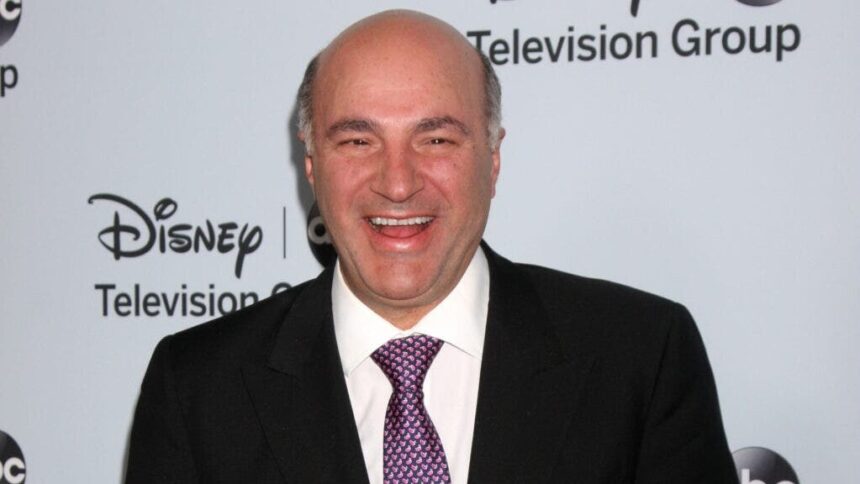Renowned investor Kevin O’Leary has shared insights into his perspective on cryptocurrency investments, emphasizing the importance of focusing primarily on Bitcoin (BTC) and Ethereum (ETH). In a recent interview with Al Arabiya English, O’Leary critiqued the overwhelming number of lesser-known tokens in the market, suggesting that investors should concentrate their efforts on the two leading cryptocurrencies to fully leverage the market’s potential volatility and returns.
O’Leary claimed that holding Bitcoin and Ethereum could capture “more than 90% of the alpha or price volatility of the entire crypto market.” He likened Bitcoin to “digital gold,” a cornerstone asset that maintains value, while describing Ethereum as the vital force propelling Wall Street into blockchain technology through tokenized securities, digital payment systems, and stablecoins. He positioned Ethereum as the “number one blockchain product,” underscoring its pivotal role in the future of finance.
Highlighting a generational shift, O’Leary mentioned that younger investors, particularly those from Generation Z, are actively incorporating Bitcoin and Ethereum into their portfolios alongside traditional stocks. This is a stark contrast to his own early investment experiences, where such opportunities were not as readily accessible.
In addition to his advocacy for cryptocurrencies, O’Leary has made strategic investments in various companies integral to the crypto infrastructure. His portfolio includes notable names such as Circle Internet Group Inc., cryptocurrency exchange Coinbase Global Inc., and the tokenized stock provider Robinhood Markets Inc.
As for the current market status, Bitcoin is trading at approximately $117,067, reflecting a slight decline of 0.14% over the past 24 hours, while Ethereum has seen a modest increase, trading at $4,576, up 0.55%. O’Leary’s emphasis on the significance of Bitcoin and Ethereum signals a continuing trend in the cryptocurrency space, where major players are seeking stability and growth in an increasingly volatile market.





